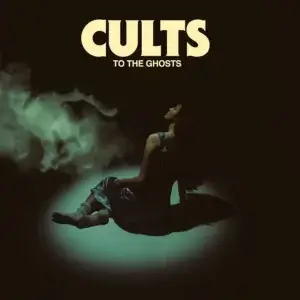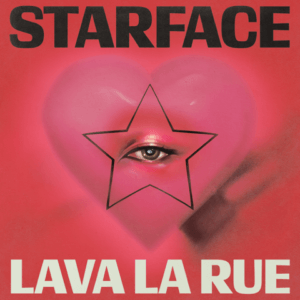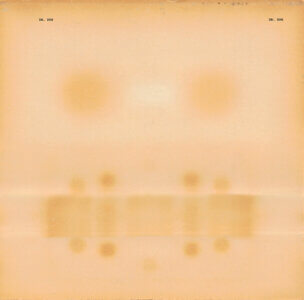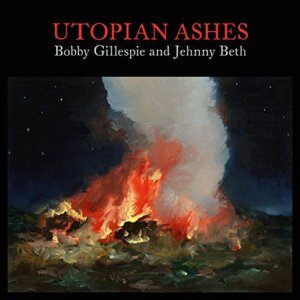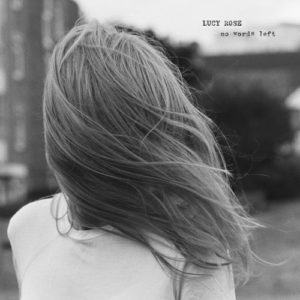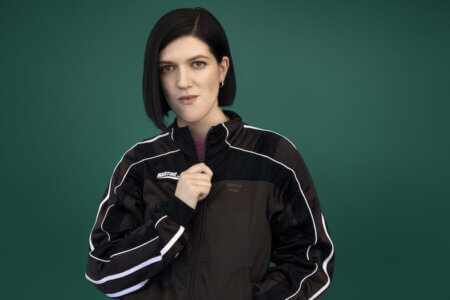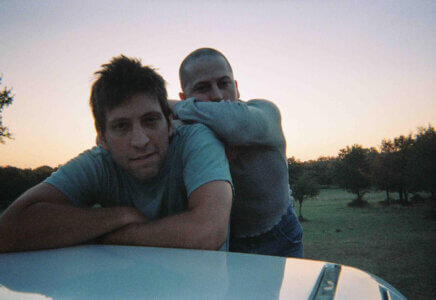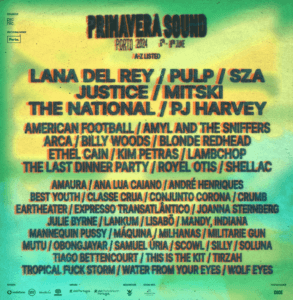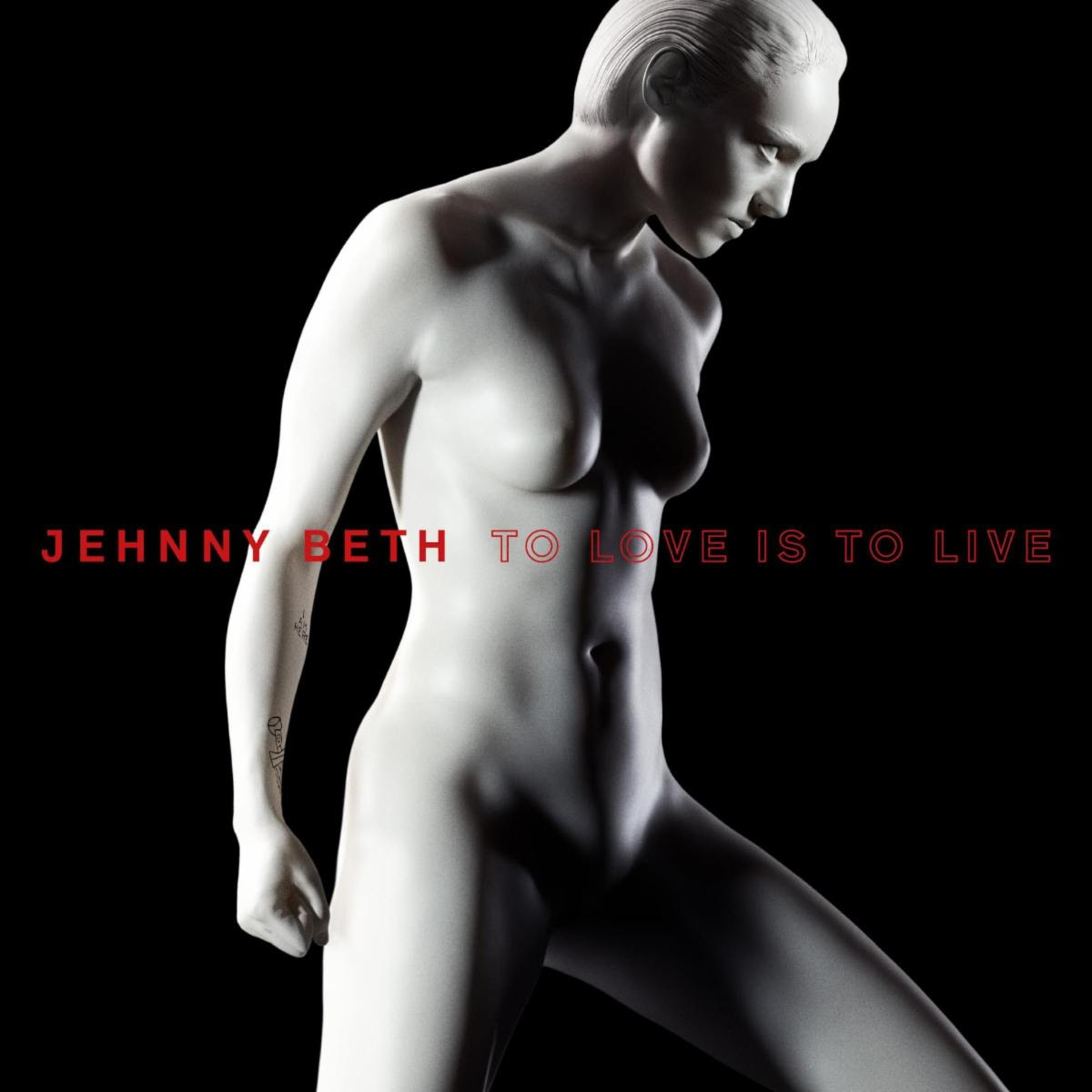
8.1
To Love is to Live
Jehnny Beth
Coming in the wake of a pair of extremely acclaimed albums with jagged UK post-punk quartet Savages, the opening words to Jehnny Beth’s new To Love is to Live is a bold re-introduction for the performer: “I am naked all the time”. It’s a telling set-up for Beth’s first major release apart from her bandmates, though she clarified with the In the Moment podcast that she considers this a “personal record” rather than a solo record —this distinction acknowledging collaborations with producer Flood (U2, PJ Harvey), Nine Inch Nails’ Atticus Ross, the xx’s Romy Madley Croft, Beth’s longtime partner Johnny Hostile, and more. Even so, To Love is to Live is set to illuminate the artist’s vision like never before.
Curiously, that line in “I Am” initially comes cloaked in effects, pitch-shifted and otherworldly above an ominous crawl of woodwinds and digitalist texturing; Beth re-emerges moments later to repeat the phrase without effects, singing alongside a quick shiver of piano. This diptych speaks to the album’s general back and forth, between static fried electronics and spacious acoustic instrumentation. Of the record’s many other juxtapositions, the cover art contrasts the spoken vulnerability of human nakedness by presenting Beth as a marble statue. Smooth. Unblemished. Despite that hard exterior, Beth fleshes out her debut by attempting to understand humanity—in all of its beauty and wretchedness.
Though sounding quite unlike the stark, inky chaos of Savages’ guitar-based songbook, To Love is to Live at times abounds with an equally menacing fervour. “Innocence” dabbles in a kind of industrial dub, its synth bass and compressed beatwork quaking beneath Beth’s close-miked musings on self-doubt, Catholic guilt, and whether living in the city turns your heart to “dark and smoke.”
First single “I’m the Man”, a spiky collaboration with NIN’s Atticus Ross, pummels you in digital terror, freeform sax violence, and Beth’s distorted vocals— though the bridge briefly buckles into a tender, echo-laden parlour music motif. By personifying herself as “the man”, sneering that “there’s no bitch in town who doesn’t understand how hard my dick can be,” you could interpret Beth’s lyrics as targeting a specific kind of male hostility. In a recent Instagram post, however—beneath a photo of her participating in a Black Lives Matter protest—Beth wrote that the “root of evil…[is] implanted in our core by generations of parents, grand-parents and society”. “I’m the Man,” she added, is about “admitting responsibility for the violence that lives inside me,” in order to dismantle it. She further explained: “Everything starts with the acceptance of our own imperfection, our own violence & darkness, so we can walk from there towards self betterment.”
While “I’m the Man” and preceding piece “A Place Above” (a spoken word track featuring actor Cillian Murphy) take a look at injustice and culpability, Beth seeks out more personal answers from a partner on the sensual, crawling “Flower,” (“How come I can’t get closer?” “I’m not sure how to please her”). A similar undercurrent pulses through “We Will Sin Together”, while Beth will chart off into even more erotic territory this summer through an upcoming short stories collection, Crimes Against Love Manifesto.
Whether shaped by electronic fury (“How Could You”), elegiac piano (“The French Countryside”) or a blending of the two, To Love is to Live is a fascinating listen. With “Human”, Beth bookends the collection by revisiting the album’s earliest lyrics and melodies. Fold the tracklisting together like a Mad Magazine spread, and you’re left with a simple yet effective admission: “I Am Human”. Vulnerability and strength coalesce. Cold marble comes crumbling down.
review by Gregory Adams
Latest Reviews
Tracks
Related Albums
Related News
Advertisement
Looking for something new to listen to?
Sign up to our all-new newsletter for top-notch reviews, news, videos and playlists.


